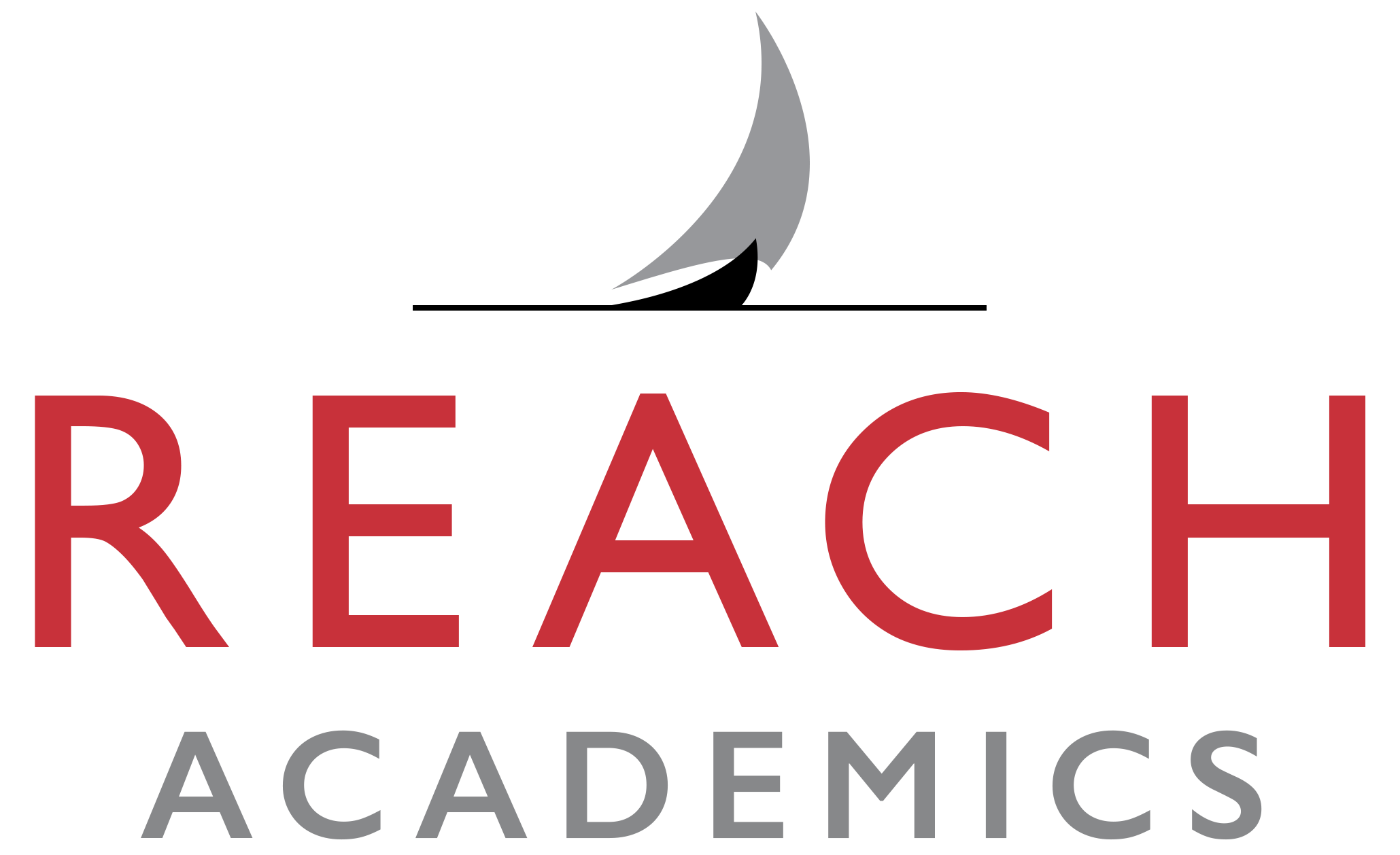Teachers Give Anonymously
“The long years in school make you look twice at everything, to see if you got it right the first time; to see if you can catch yourself having missed it. The teachers do that to you; they make you look twice.”
—Robert Frost
This quote was included in my graduate school’s solicitation for year-end annual giving. I will give, yet I will also give thanks for this nuanced depiction of what teachers really do.
“They make you look twice”. Indeed. At least.
In this season of giving, of year-end solicitations to annual funds and capital campaigns, we are asked to consider giving anonymously. Recently, research here in the UK concluded that in a sample of 4,000 donors, 5% gave anonymously. Reasons spanned from religion to ethics to influence (in many cases, the Director or Founder is made aware who the donor is).
This got me thinking. Twice.
In many ways, a teacher is an anonymous donor.
Think about it. During this holiday season, many teachers are thanked with gift cards or personalized presents from students. Many schools implement a school-wide gift-giving policy, which levels out the field. Instead of gifts, teachers collectively receive parent donations. These donations are tossed into one pot, divided evenly, and distributed to every teacher and staff member in the school.
Yet these gifts are not in response for the moments that matter most to the young life of a future adult: those moments of breakthrough when a teacher reviews a student’s paper one-on-one. Those moments of identification when a teacher accompanies a student vocalist. Those moments of observation when a teacher puts Little Women into the student’s hands, saying, “I think you might really connect with this book, so here, take it.”
These moments rarely receive recognition by the student at the time. Yes, there might be a perfunctory “thanks”, but the genuine act of gratitude that recognizes how deeply this action impacted the student? Nah, no way. I’d almost say not ever.
They’re not supposed to, really. What 15 year-old, upon receiving Little Women from her 10th grade English teacher, looks him in the eyes and tells him, “thank you—this moment will change my life”? To do so requires the addition of context. And context takes maturity that comes with hindsight.
A teacher’s work is rarely recognized at the moment.
And this is alright. In all of the numerous interviews I’ve had with teachers over the past couple of years I have yet to hear a single person lament not being recognized for her life-changing moment with a student. They understand that recognition comes from within. This knowledge makes them like anonymous donors. It motivates them to keep going, with the faith that their students, someday in the far-off future, will pause for a moment and remember, only remember, and that will be enough.
